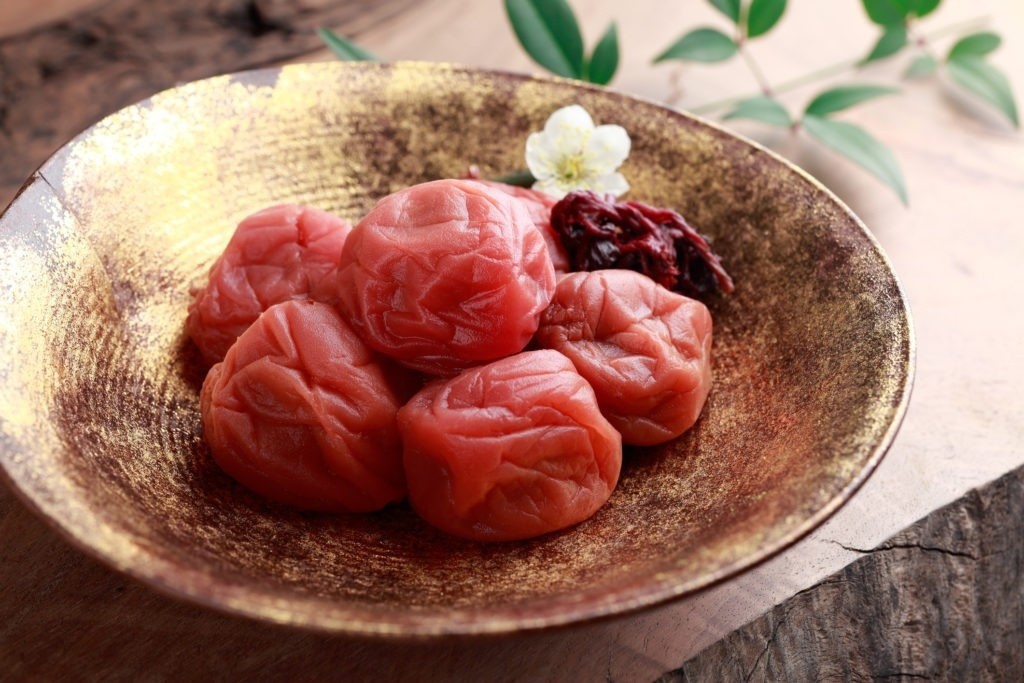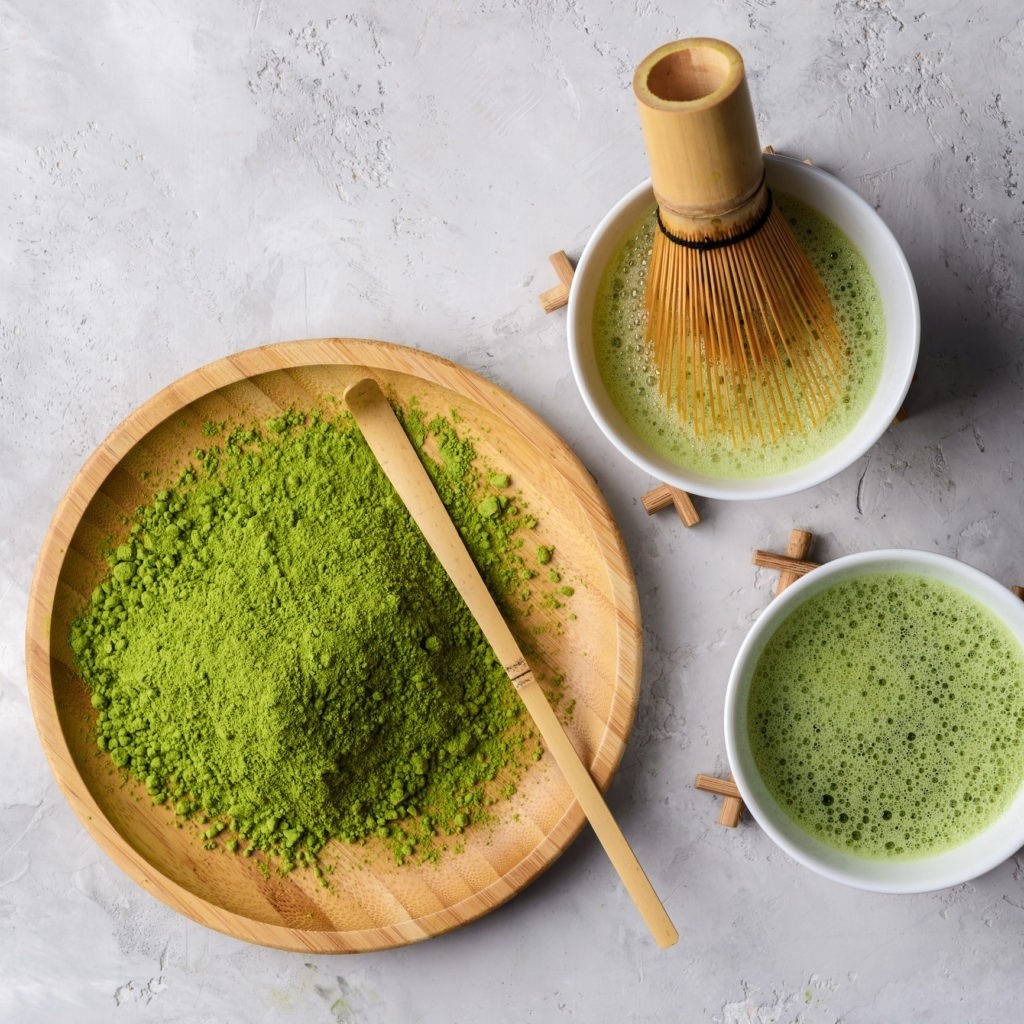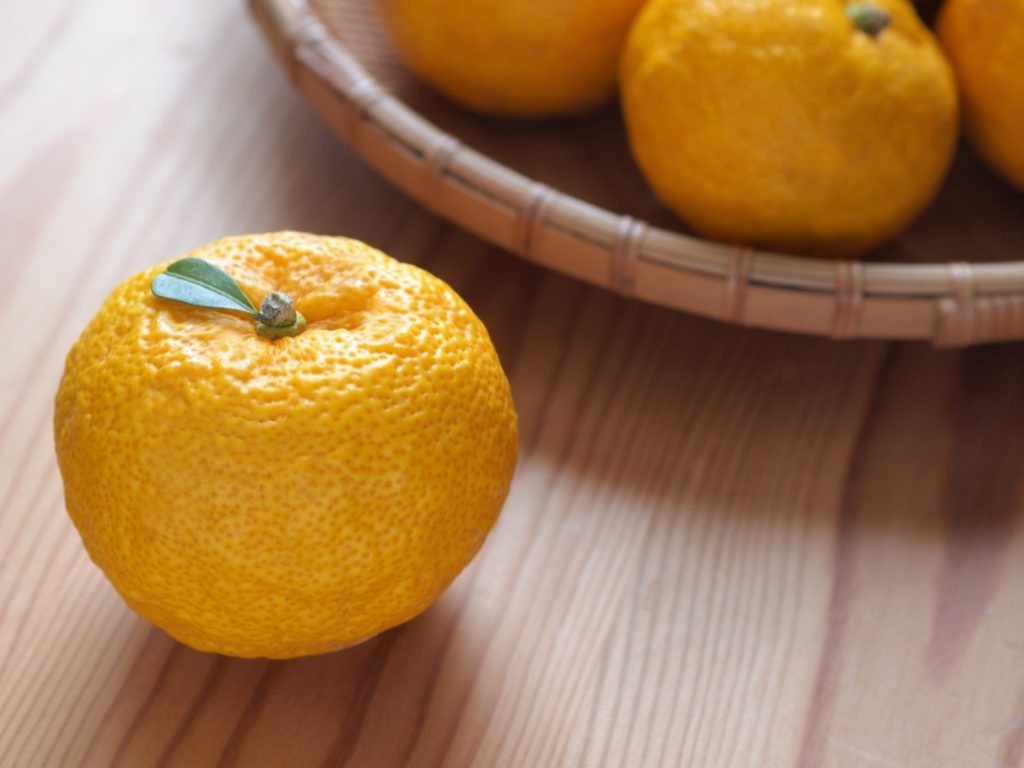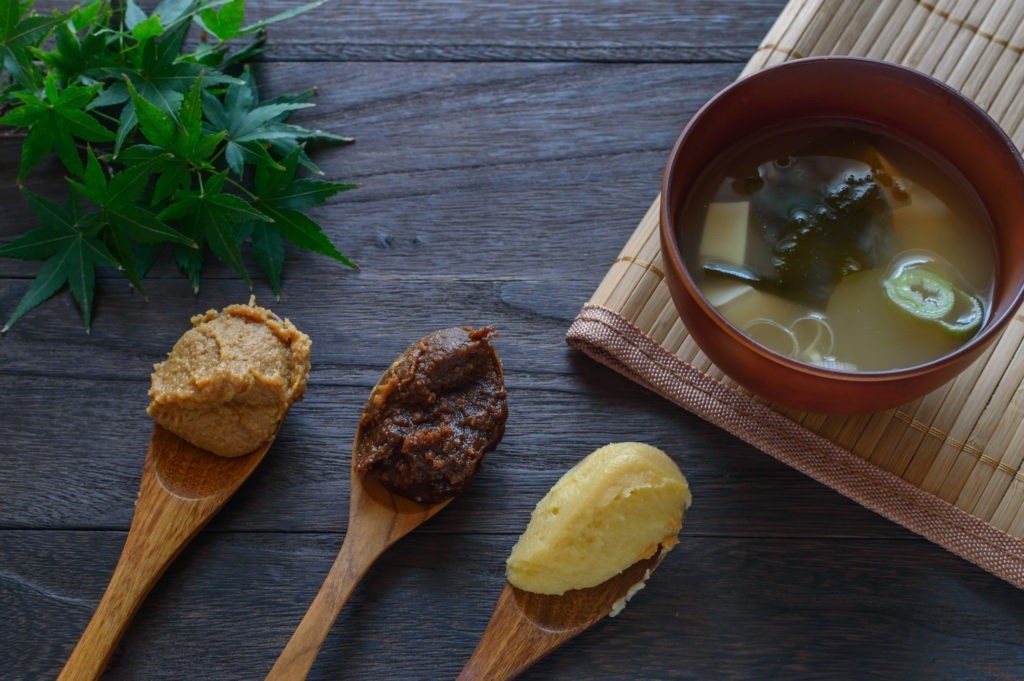Hook: Ancient Rituals, Modern Immunity
From the quiet rooms of tea ceremonies to the pantry shelves of everyday kitchens, five Japanese foods quietly fortify the immune system. Some facts will surprise you: matcha contains about three times as much caffeine as regular coffee or ordinary green tea and has 137 times more antioxidants than other green teas. Fermented miso supplies gut-friendly bacteria and protein; yuzu packs a vitamin C punch higher than lemons; natto delivers bone-supporting vitamin K2; and umeboshi supports liver health while offering a distinctive brightness to meals. These foods aren’t just tasty; they’re a bridge between centuries of tradition and modern science about resilience.

In This Article:
Matcha: The Power-Packed Green Tea Powder
Matcha is made from whole, high-quality green tea leaves ground into a fine powder. Unlike regular tea, the powder is whisked with hot water, so you drink the whole leaf. In modern Japan, it remains a staple in tea ceremonies and appears as an ingredient in drinks, desserts, and baked goods. Health-wise, matcha is rich in antioxidants—about 137 times more than other green teas. It can help combat chronic disease, support heart health by lowering cholesterol, and boost metabolism. It also contains a relatively high amount of caffeine—roughly three times that of ordinary coffee or green tea—making it a potent option for a morning lift.

Miso: Fermented Soy Paste That Supports Gut Health
Miso is a thick paste created by fermenting soybeans. Once a luxury affordable to only a few, it’s now a staple in virtually every Japanese kitchen. Different fermentation times yield different miso varieties. Miso is most commonly eaten as miso soup (miso-shiru), mixed with fish or seaweed broth and topped with tofu, green onions, and wakame seaweed. It’s also used as a marinade for meat and vegetables. Health-wise, miso is an excellent source of probiotics and gut-friendly bacteria, plus protein and minerals like zinc and manganese. It also provides B and E vitamins and folic acid. Note that miso is high in salt, so it’s best consumed in moderation.

Yuzu: The Aromatic Citrus with a Vitamin C Boost
Yuzu is a tart Japanese citrus whose juice is commonly added to tea, soda, and alcoholic drinks. The zest is used to brighten dishes and is found in spice sections of Japanese markets. In Japanese cuisine you’ll often see yuzu in ponzu, a refreshing sauce made from rice vinegar and sweet sake. The citrus also sometimes appears in hot springs and wellness contexts because its fragrance can be soothing. Health-wise, yuzu is a strong source of vitamin C—triple the amount you’ll find in lemons. It’s rich in antioxidants, and the zest can help reduce skin inflammation. Its aroma also has calming effects, which is why it’s popular in essential oils and cosmetics.

Natto: Fermented Soybeans for Probiotics, Bone Health, and Heart Risk
Natto is a sticky, spicy fermented soybean dish that polarizes opinion: some people love it, others can’t stand the texture. It’s a common breakfast item in Japan, often eaten with a raw egg over hot rice, and also found in diners as a filling for rolls, sandwiches, or pancakes. Like miso, natto is rich in gut-friendly bacteria and plant-based protein. It’s especially noted for its vitamin K2 content, which supports bone health and helps prevent bone fragility. It also contains an enzyme that helps digest certain proteins involved in blood clotting, which can reduce the risk of heart attack and stroke.

Umeboshi: Pickled Plums for Immunity and Liver Health
Umeboshi are tart, salty pickled plums marinated in plum vinegar. They’re often eaten with spicy foods to soften the heat, and you’ll see them in onigiri and sushi. Historically, umeboshi were believed to purify water, treat dysentery, and ward off typhoid. Modern science supports some immune-supporting benefits, and reviews suggest umeboshi can help support liver health and may have anti-cancer potential. They’re also rich in antioxidants and fiber. Because they’re sour and salty, they’re best enjoyed in moderation. Healthy eating is part of a long, healthy life—so if you have an opportunity to try these foods, do so with balance and curiosity.


